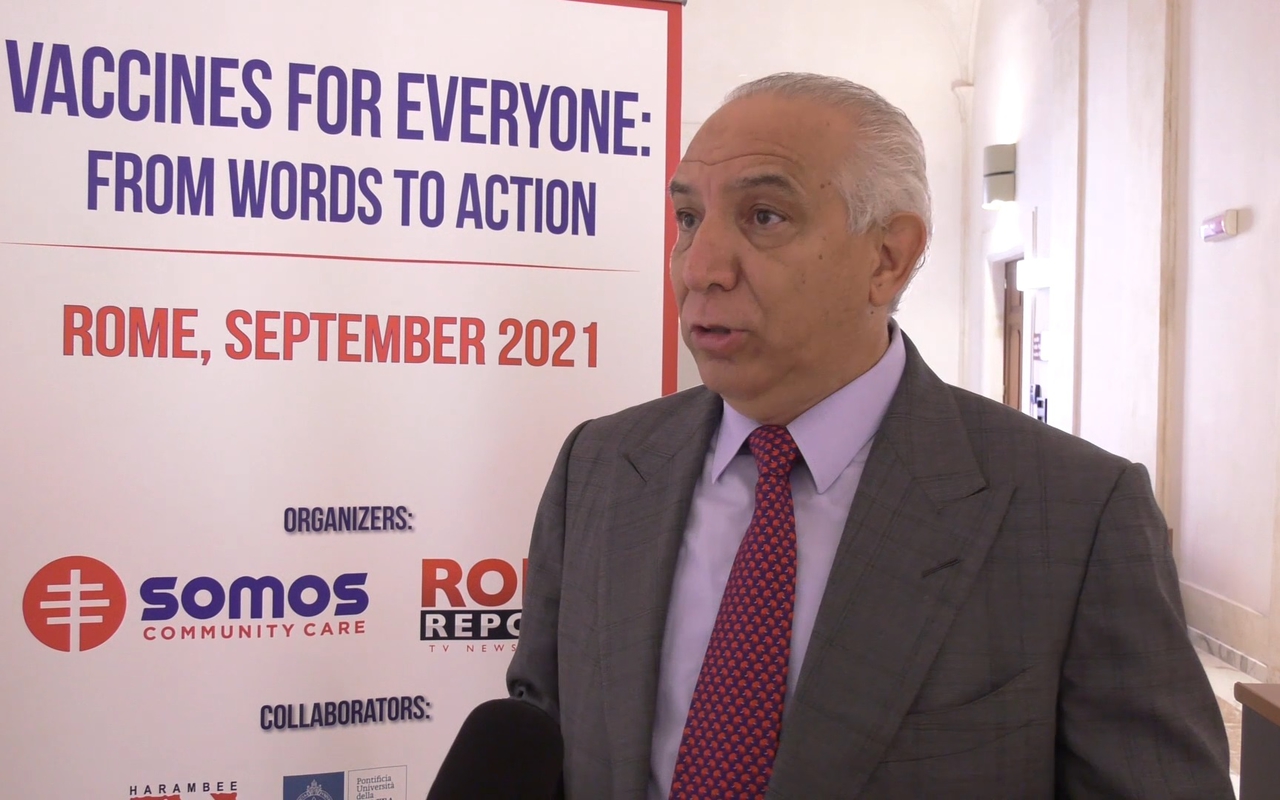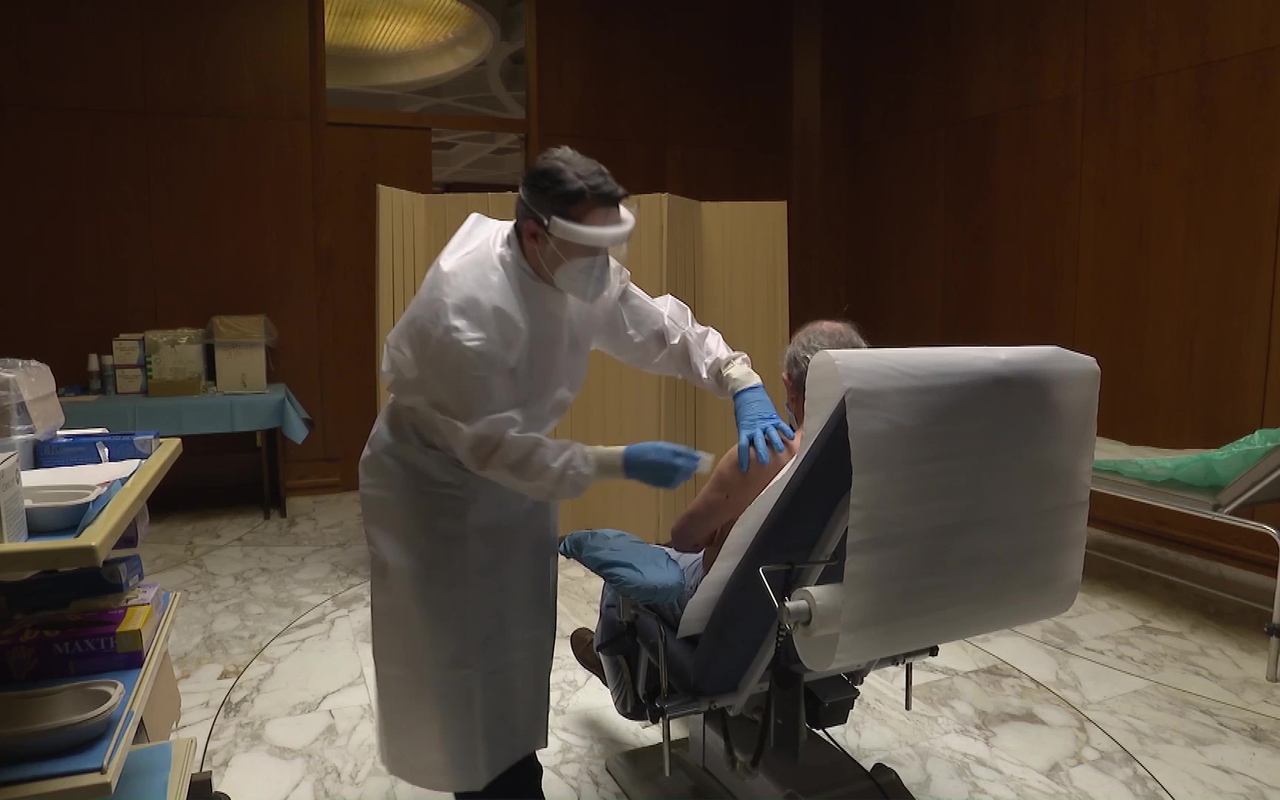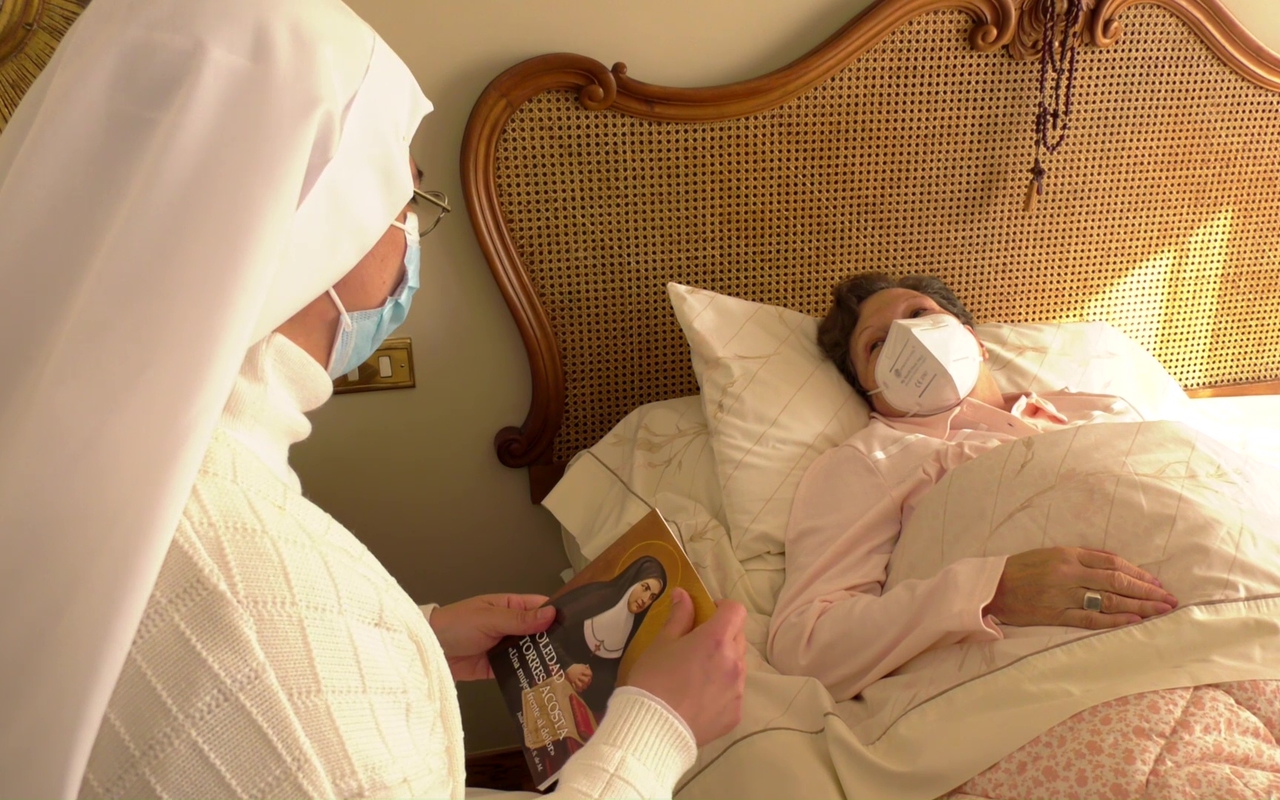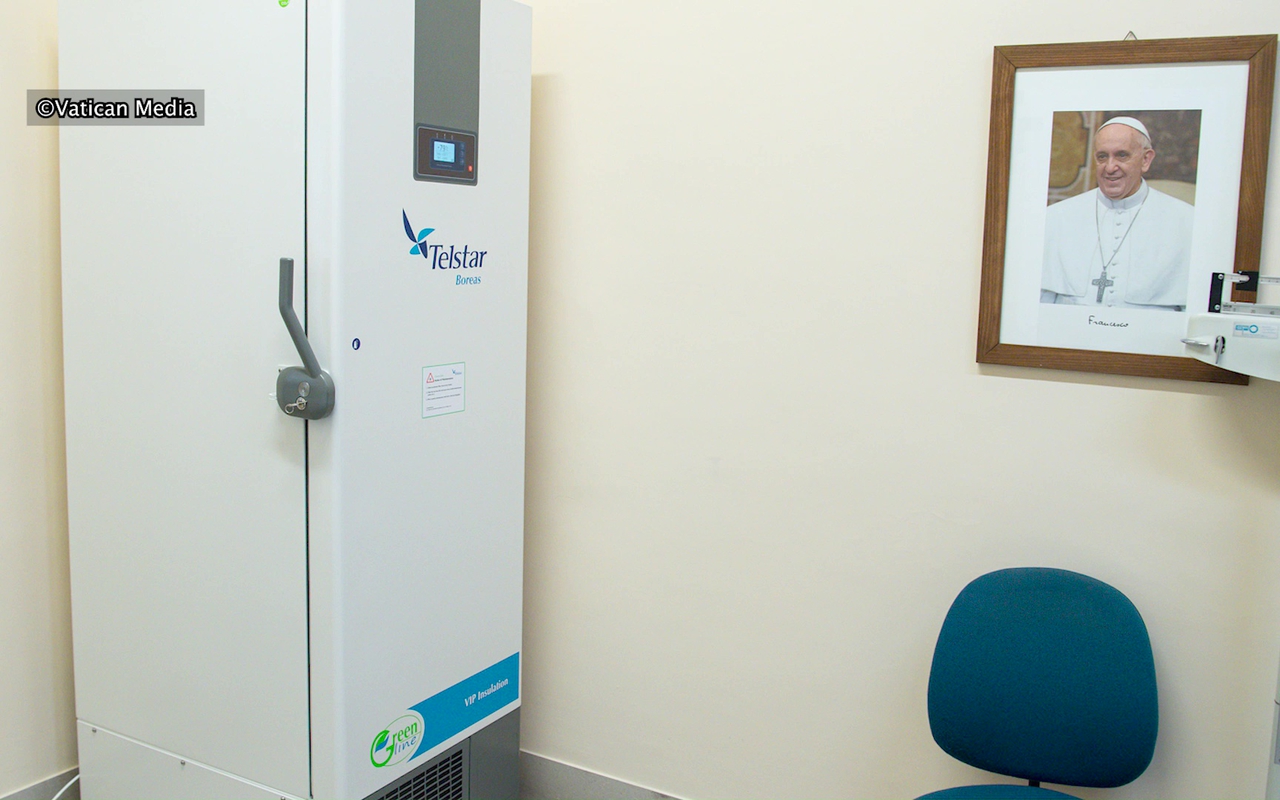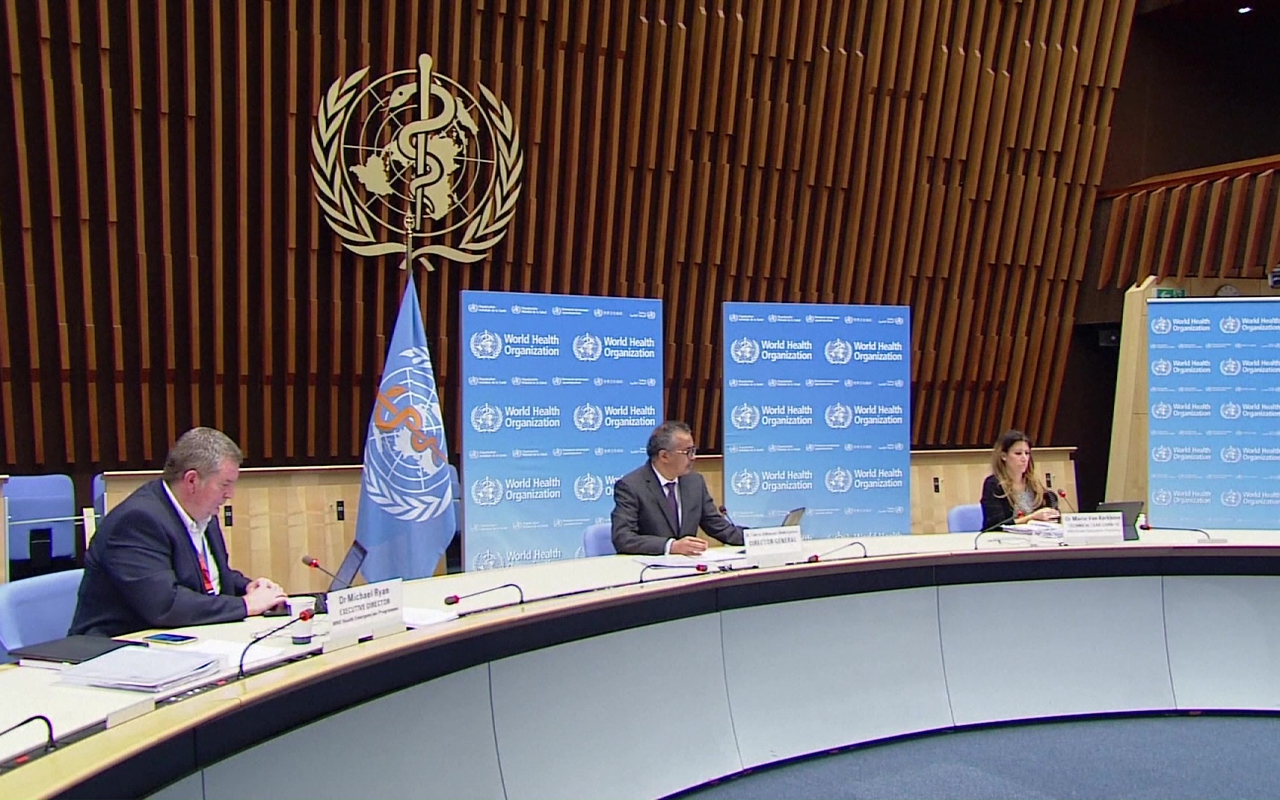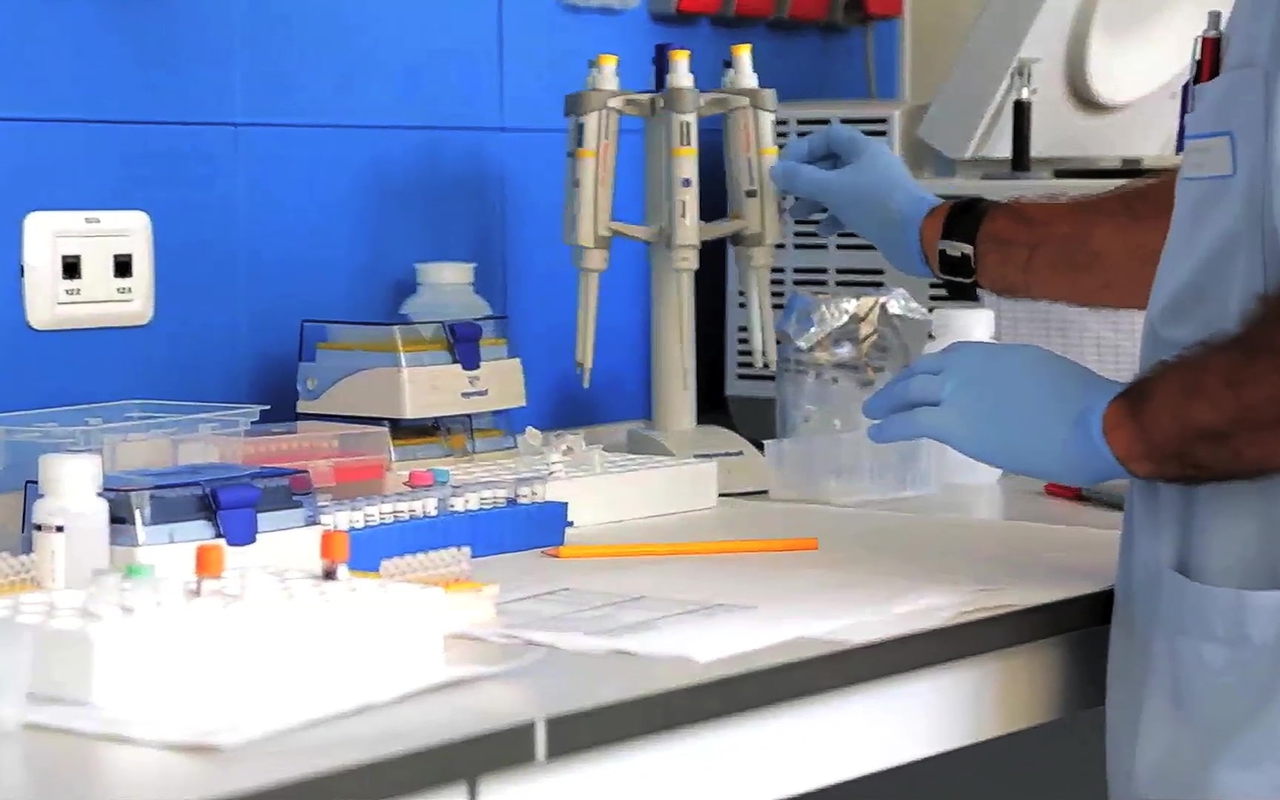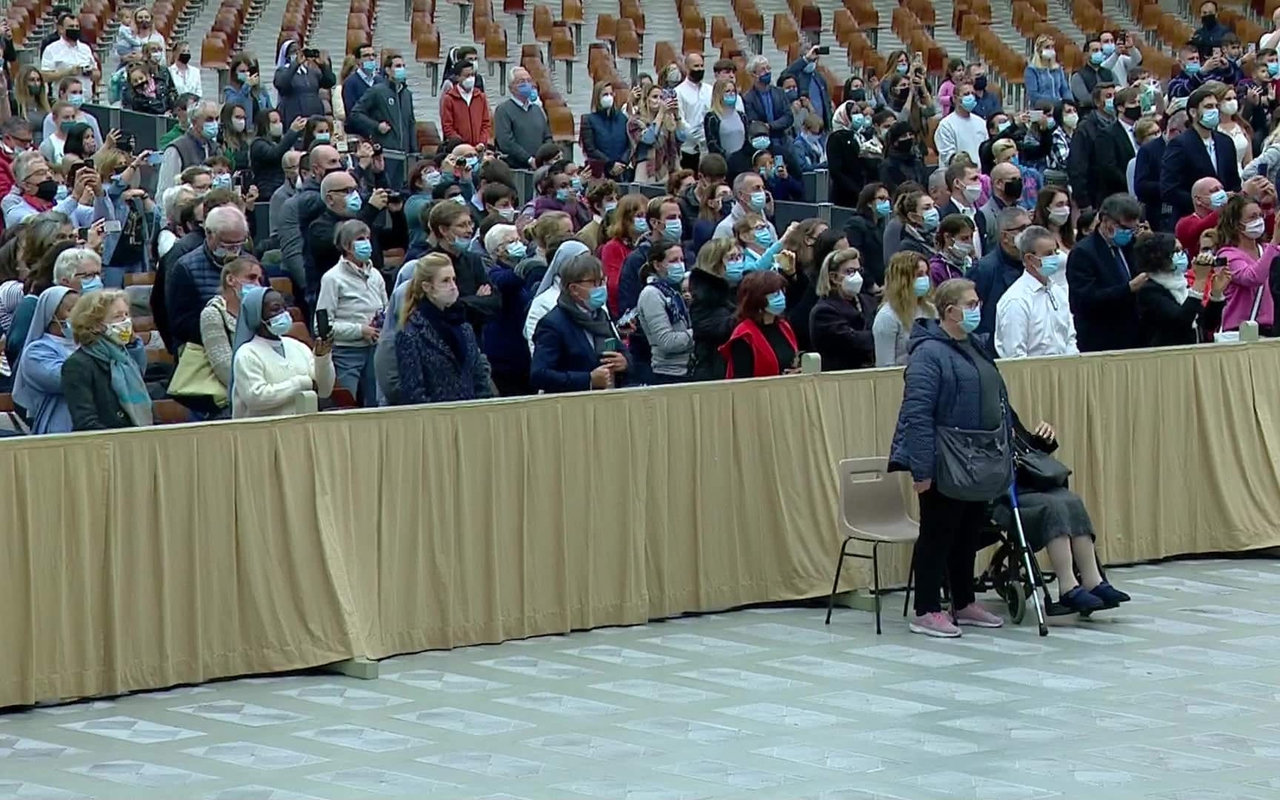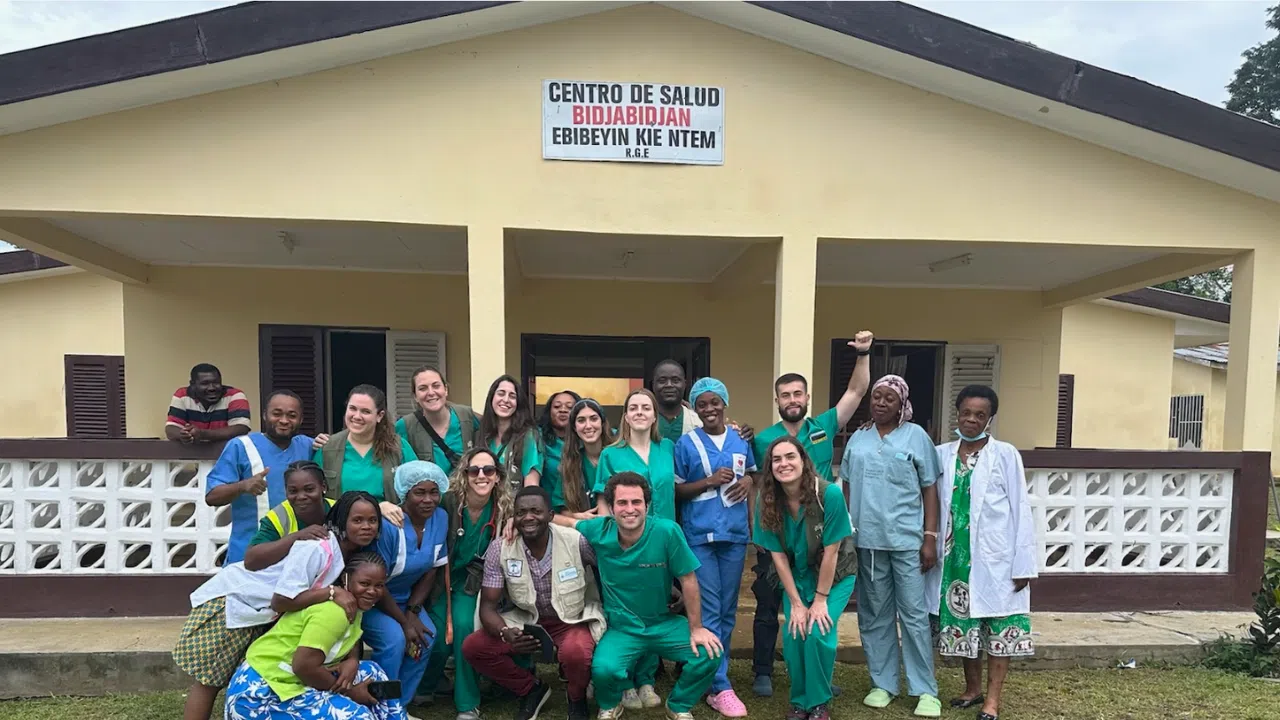Researchers at the Charlotte Lozier Institute explain why vaccines like AstraZeneca’s have more moral issues than Pfizer’s or Moderna’s. The reason is that they use cell lines from aborted fetuses in their production.
GRAZIE POZO CHRISTIE M.D.
Associate Scholar, Charlotte Lozier Institute
“When Pfizer and Moderna vaccines were tested, at that stage, they did use cells from aborted fetuses. It was a minor part of the development and production of the vaccine. So, there is an ethical problem, but it is relatively small compared to AstraZeneca and Johnson and Johnson that use the cells of aborted fetuses for the constant production, the day-by-day production of the vaccine.”
On Dec. 14, the U.S. Conference of Catholic Bishops pointed out this moral issue but stated that it is licit to be vaccinated in the absence of an alternative because the common good is at stake.
Days later, the Vatican confirmed this position because the person who receives the vaccine does not have direct involvement with an abortion.
P. CARLO CASALONE
Pontifical Academy for Life
“There were no other abortions to obtain biological material to produce the vaccine. They were abortions performed decades ago. That is why the Congregation for the Doctrine of the Faith says that although the vaccine can be linked to abortion, it is a remote and material involvent. Remote means that it does not produce other abortions but uses the cell lines already present in the laboratories. Material involment means that receiving the vaccine does not “share” the intention of the person who performed the abortion.”
At the same time, the Vatican called for the responsibility of pharmaceutical companies and governments not to continue producing medicines with this material.
Grazie Pozo Christie, from the Charlotte Lozier Institute, explains the reason behind the production of vaccines with aborted fetal cell lines. It is more cost-effective.
GRAZIE POZO CHRISTIE M.D.
Associate Scholar, Charlotte Lozier Institute
“It may be cheaper or simpler for AstraZeneca or other pharmaceutical companies to use things they have on hand than to go looking for other cells. However, most of the vaccines being produced use cells that are not from aborted fetuses for their production. If there is no alternative available, you must take the vaccine offered to you, and there is no ethical problem as a patient. However, what I would like to say is that we should ask the pharmaceutical companies to use licit, moral, and ethical ways in this context to do their research. As consumers, we have that power.”
The Vatican used the Charlotte Lozier Institute report to develop a 20-point ethical guide on managing the current pandemic. Their work consisted of discussing which companies had or had not used aborted fetal cell lines and how. This report served to differentiate the moral responsibility behind some vaccines from others.
Javier Romero
Translation: Christian Campos
